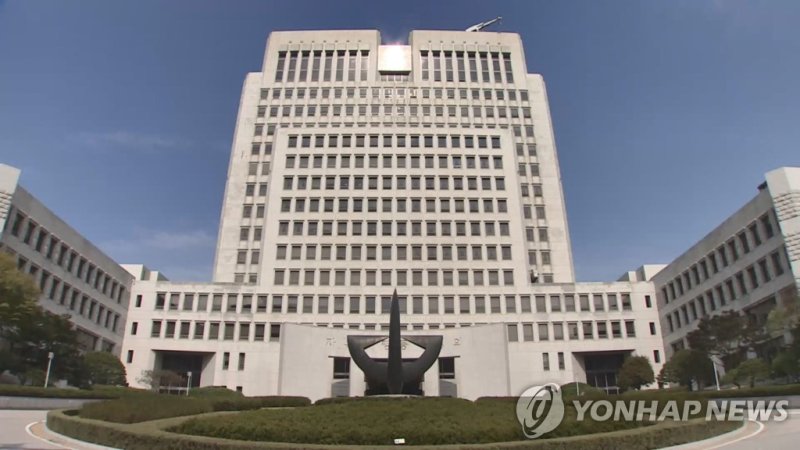Philips Korea’s 9 Billion Won Lawsuit Takes a Turn... Supreme Court of Korea Intervenes
- Input
- 2025-11-19 07:57:23
- Updated
- 2025-11-19 07:57:23

[Financial News] The Supreme Court of Korea has overturned a lower court’s decision that previously ruled in favor of Philips Korea in a corporate tax cancellation lawsuit related to transfer pricing taxation.
According to the legal community on the 19th, the Supreme Court of Korea’s second division, presided over by Justice Eom Sang-pil, reversed the appellate court’s ruling in favor of Philips Korea in its lawsuit against the Namdaemun Tax Office over a corporate tax assessment. The case has been remanded to the Seoul High Court.
In August 2017, tax authorities imposed 9,046,620,000 won in corporate taxes on Philips Korea, the Korean subsidiary of Philips, for the fiscal years 2012 to 2015, citing transfer pricing transactions.
Transfer pricing refers to the prices set for transactions between related parties, such as a multinational’s parent company and its subsidiaries. It can be used as a means to artificially inflate prices and reduce tax liabilities.
In such cases, tax authorities adjust the corporate tax base and amount based on the 'arm’s length price,' which is the price applied in ordinary transactions with unrelated parties.
Philips Korea filed a lawsuit challenging the tax assessment. The appellate court ruled in favor of Philips Korea, determining that the legitimate tax amount was 2,474,670,000 won and that the difference of 6,571,950,000 won from the originally imposed amount should be canceled.
The appellate court questioned the process of selecting comparable companies, which formed the basis for calculating the arm’s length price. It argued that, for Philips Korea’s medical equipment business, the transactions for 'medical equipment supply' and 'maintenance service support' should have been distinguished when selecting comparables, but this was not done.
The Supreme Court of Korea took a different view. The court stated that 'maintenance service support' transactions are merely part of the group’s basic policies and systems. Even if such transactions are considered to have occurred between the plaintiff and related parties, it is difficult to conclude that they made a significant contribution that would materially affect the operating profit margin of the maintenance service business conducted domestically.
The Supreme Court of Korea further concluded that, since it is difficult to recognize maintenance service support as an independent transaction separate from medical equipment supply, the tax authorities were not necessarily required to identify 'maintenance service support transactions' as the subject of adjustment or to evaluate comparability for the selection of comparable companies.
Accordingly, the Supreme Court of Korea found that the appellate court erred in its judgment that the calculation of the arm’s length price for Philips Korea’s medical equipment business was flawed. The court determined that the appellate court misunderstood the legal principles regarding the calculation of the arm’s length price and failed to sufficiently deliberate. However, the Supreme Court of Korea accepted the appellate court’s decision that the selection of comparables and calculation of the arm’s length price for the small home appliance business were improper.
The Supreme Court of Korea stated, 'There is no merit to the appeal regarding the small home appliance business.' However, as it is necessary to recalculate the legitimate tax amount, the court overturned the appellate judgment in its entirety and remanded the case for further review.
hwlee@fnnews.com Lee Hwan-joo Reporter